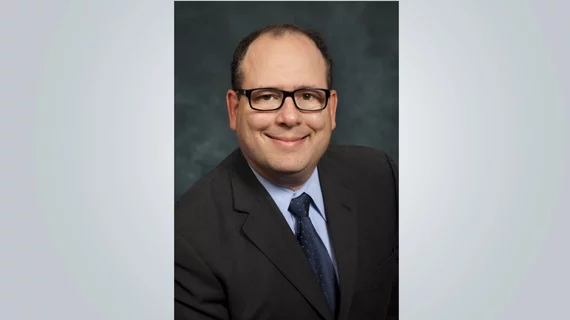Uber Health hires board-certified physician as its first chief medical officer
Uber’s healthcare division, Uber Health, has hired its first chief medical officer, the company announced Tuesday.
Michael Cantor, MD, will lead the San Francisco-based health firm in its efforts to close existing care gaps and reduce costs for patients, providers and payers. As a board-certified geriatrician with 20-plus years of medical experience, Cantor has unique insight into designing clinical programs for older adults and vulnerable populations.
“I’ve seen first-hand how important leveraging transportation is in both improving clinical outcomes and creating care systems that allow patients to live independently in their community,” Cantor said in a statement. “That’s why I’m excited to join Uber as the team continues to build relevant solutions that aren’t just more efficient for healthcare providers but also help bring care more directly to patients at home on a community-wide scale.”
Uber Health says demand for its services has never been higher, recording a 71% increase in gross bookings from the fourth quarter of 2020 to Q4 of 2021.
The technology company first launched its health platform in 2018, offering non-emergency transport and partnering with healthcare organizations to reduce missed appointments. It’s collaborated with more than 3,000 health customers, including EMR giant Cerner, care coordination specialist Carisk, pharma company Scriptdrop and others.

